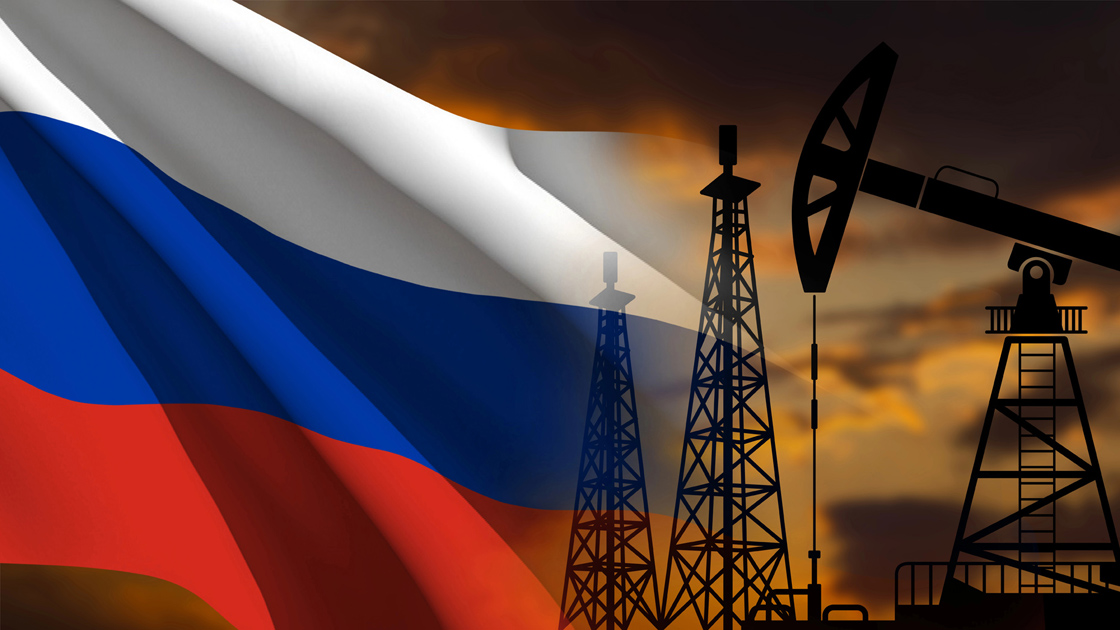Hungary is under pressure from both the U.S. and the European Union to cease importing Russian fossil fuels, with Budapest contending that alternative energy sources are insufficient to replace its pipeline supplies. The push for Hungary to reduce its reliance on Russian energy is complicated by the country's close relationship with Russia and its reliance on favorable supply contracts.
The latest round of EU sanctions against Russia includes a ban on Russian liquefied natural gas (LNG) imports by 2026, a year sooner than initially proposed, and a complete transaction ban on state oil giants Rosneft and Gazprom Neft. However, no further action has been taken on oil and gas delivered via pipeline, a key issue for Hungary and Slovakia.
In a significant policy shift, the U.S. - hitherto a key ally for Prime Minister Viktor Orbán following Donald Trump's re-election - has joined the EU in urging both countries to stop financing the Russian war effort. Speaking at the UN General Assembly this week and in a subsequent meeting with Ukrainian President Volodymyr Zelensky, Trump reiterated his demands for Europe to end its “inexcusable” purchases of oil and gas from Russia. Regarding Hungary specifically, Trump stated: “[Hungarian Prime Minister Viktor Orbán] is a friend of mine. I have not spoken to him [about importing Russian oil], but I have a feeling if I did, he might stop, and I think I’ll be doing that.”
Hungary’s Foreign Minister, Péter Szijjártó, rejected Trump’s call. He said Hungary's geographical location "creates a reality, and we cannot change this reality." Szijjártó added that Hungary imports only 2% of Russia’s oil exports, but claimed existing alternative routes are not sufficient to replace it. He argued that the Adria pipeline, which runs through Croatia, is "incapable of transporting large quantities of oil continuously, at high pressure" in its current technical state.
The real challenge for Hungary lies in the EU’s goal of phasing out Russian energy imports by 2027. Member states are required to submit their plans to achieve this goal by the end of 2025. If Budapest fails to present an exit strategy, the European Commission could use trade policy to impose tariffs on Russian fossil fuels. This move, decided by a qualified majority vote, would eliminate the power of veto for Hungary, leaving it with little recourse.
According to an IMF report cited by Hungary’s international spokesperson Zoltán Kovács, Hungary's GDP would decline by over 4% if Russian gas supplies were cut off across the EU. These statements come even as the government aims to meet its revised budget deficit target of 4.1% of economic output for the year, according to Economy Minister Márton Nagy.
Despite sluggish economic growth and increased pre-election spending, the government is intent on meeting its deficit target. This fiscal situation is critical for Hungary's efforts to avoid a sovereign credit rating downgrade to junk by S&P Global Ratings in the coming months. S&P currently rates Hungary at the lowest investment grade with a negative outlook. The country has limited fiscal room for further stimulus, with economic growth significantly undershooting initial forecasts, forcing the government to slash projections from 3.4% to 1%.


Leave a Reply Cancel reply
Top 5 Articles
 Shaping a Generation of Creative and Resilient… September 10, 2025
Shaping a Generation of Creative and Resilient… September 10, 2025  New Page in the History of Budapest Airport October 8, 2025
New Page in the History of Budapest Airport October 8, 2025  For the Export Success of Hungarian Enterprises June 17, 2025
For the Export Success of Hungarian Enterprises June 17, 2025  Representing France in Familiar Territory October 6, 2025
Representing France in Familiar Territory October 6, 2025  EC Clears EUR 10.8 Mn in Support for Hungarian Farmers October 10, 2025
EC Clears EUR 10.8 Mn in Support for Hungarian Farmers October 10, 2025





No comment yet. Be the first!